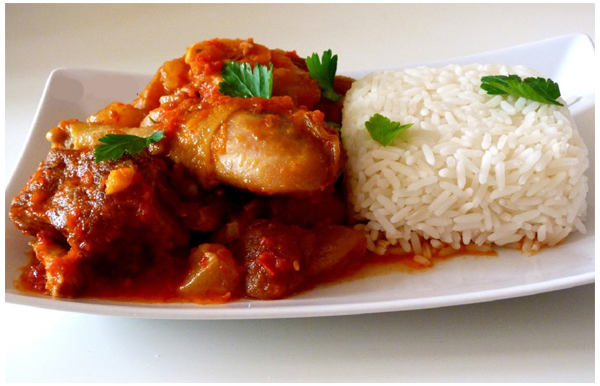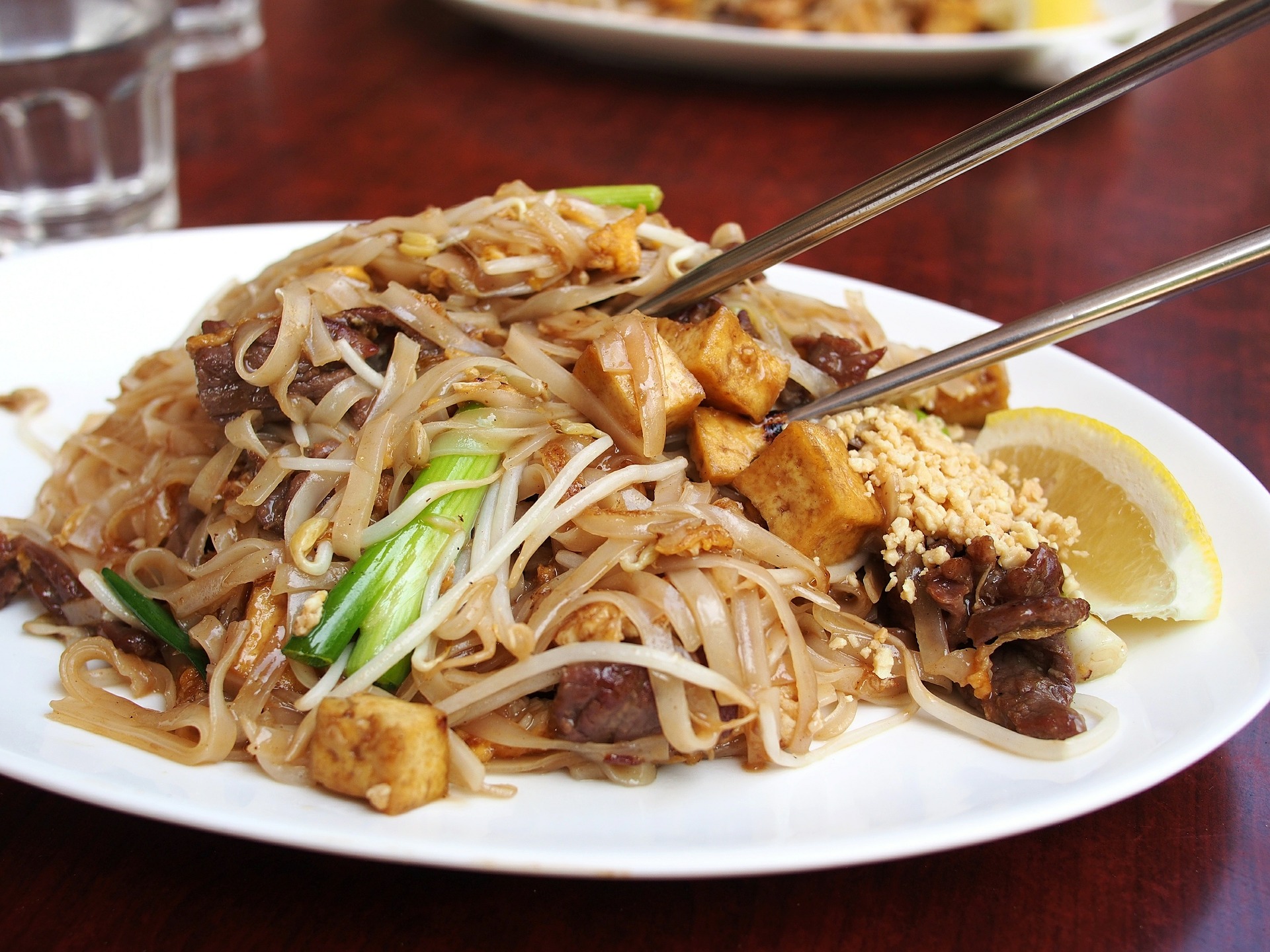BY OTU EUNICE UKAMAKA
In Nigeria, the love affair with rice and stew goes beyond a mere culinary preference – it’s deeply ingrained in the cultural fabric of the nation. This dynamic duo holds a special place on Nigerian dining tables, transcending regional differences and unifying the diverse population. The average Nigerian citizen is expected to know how to cook this simple yet tasty delicacy, it’s no doubt that the starter pack of a typical Nigerian household on Sunday involves rice and tomato stew sometimes garnished with plantain or beans and coleslaw. .
Rice, a staple that finds its way into virtually every household, serves as the perfect canvas for a myriad of flavorful stews. Whether it’s Jollof rice, fried rice, or the classic white rice, the possibilities are endless. The love for rice is not just about sustenance; it’s a symbol of togetherness and celebration. Rice is so deeply loved and now part of an undying culture, for occasions we popularized the ‘party jollof’ which is objectively enjoyed by more than half the population.
Stew, often made with a rich blend of tomatoes, peppers, onions, and various spices, adds a burst of flavor to the rice. From the spicy allure of Ayamase stew to the comforting embrace of tomato-based stews, Nigerians have perfected the art of crafting stews that tantalize the taste buds. Stew also provides variety and amongst the eastern and southeastern parts of Nigeria there is ‘ofe-akwu’ stew or ‘Banga stew’. Truly variety is the spice of life and more so in food.
This culinary combination is a cornerstone of Nigerian social gatherings and celebrations. From weddings to birthdays and festive holidays, a feast without rice and stew is considered incomplete. It brings people together, fostering a sense of community and shared joy.
Beyond its cultural significance, rice and stew represent resourcefulness and adaptability. The versatility of rice allows it to be paired with a wide range of stews, accommodating diverse tastes and preferences. Whether enjoyed at home or purchased from local food vendors, this dish is a constant in the hustle and bustle of Nigerian life. In recent years, the love for rice and stew has transcended borders, gaining international recognition. Nigerian restaurants around the world proudly serve variations of this beloved dish, introducing the global community to the vibrant flavors and cultural heritage of Nigerian cuisine.
Despite the evolving culinary landscape, the timeless combination of rice and stew remains a symbol of unity, tradition, and the rich diversity of Nigeria. As Nigerians continue to celebrate their love for this classic pairing, it stands as a testament to the enduring connection between food, culture, and community.







